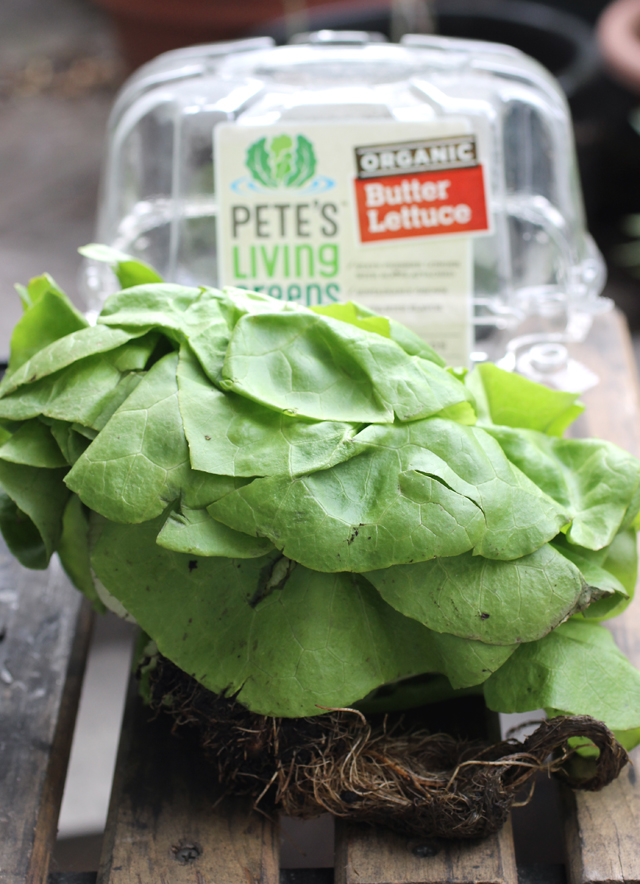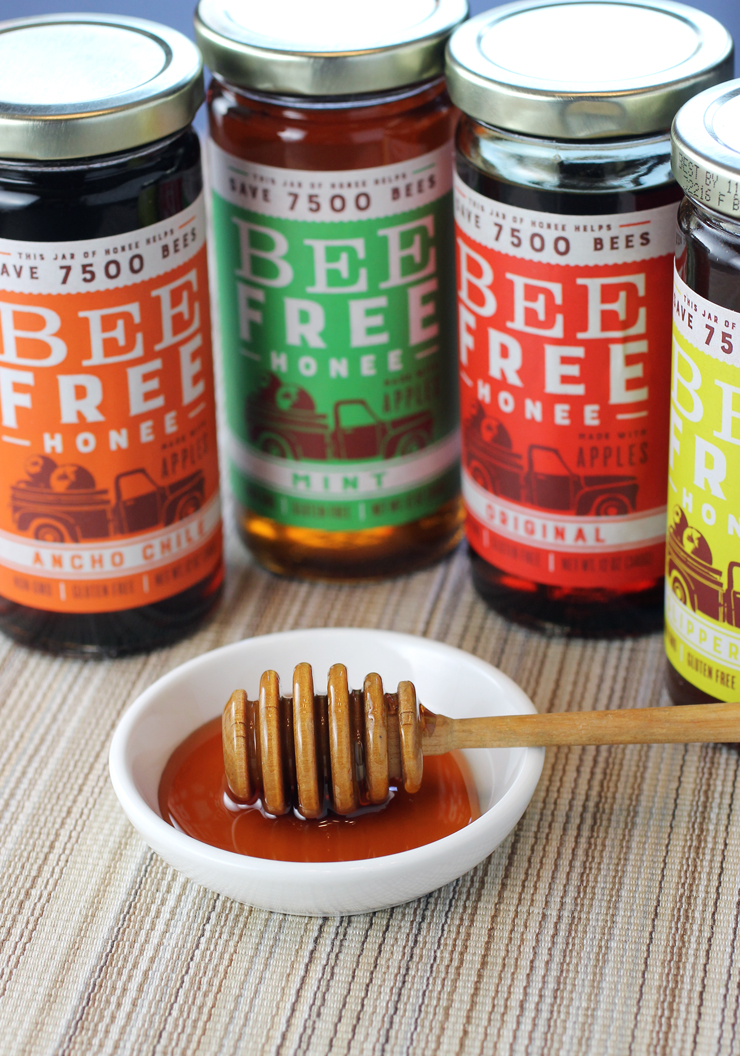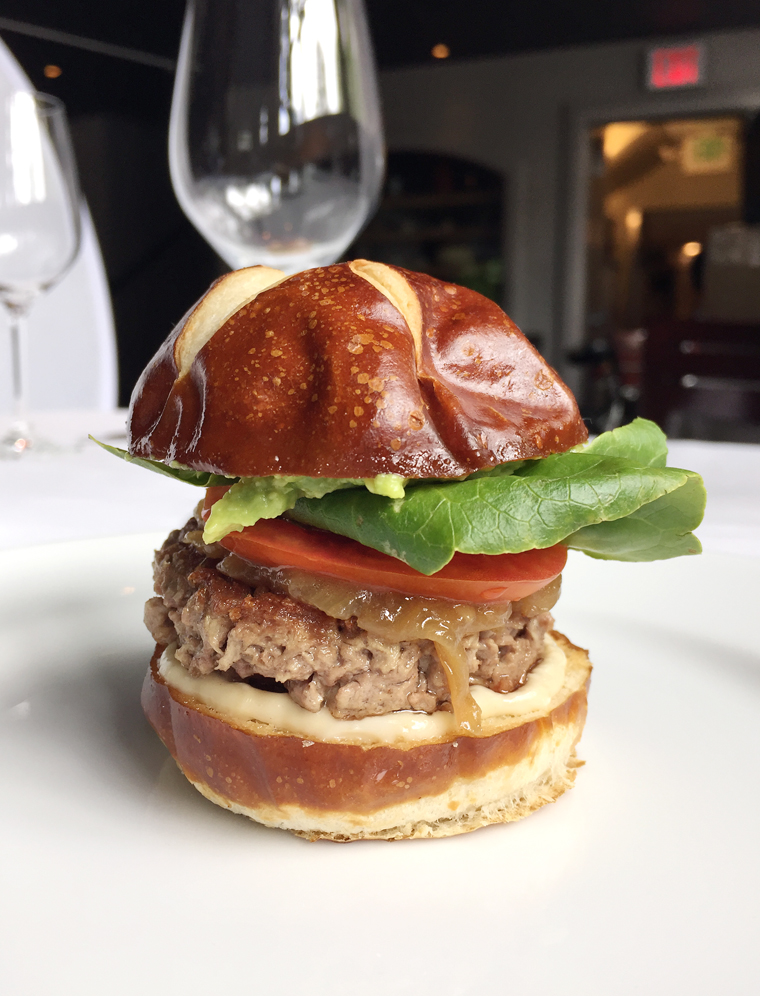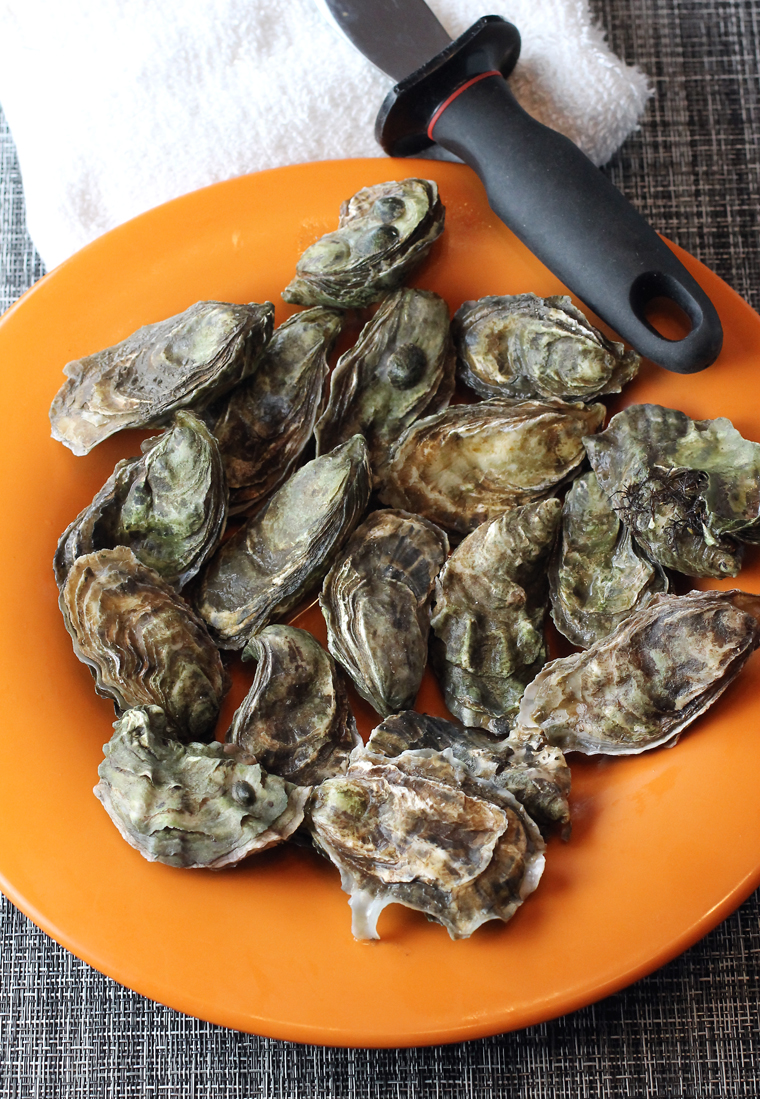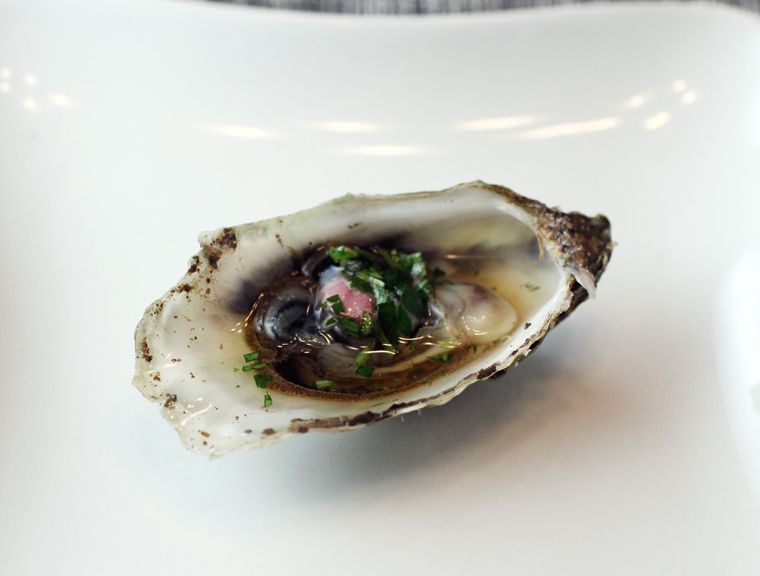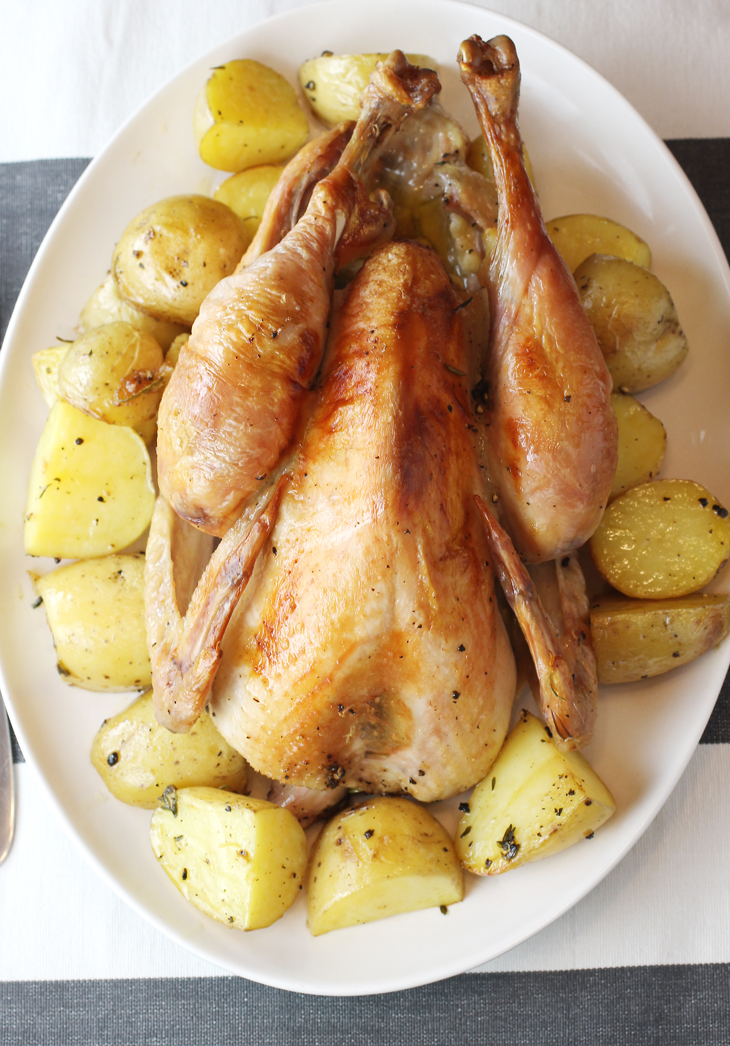Of Lettuce, Muffins, and Grocery Stores
Pete’s Living Greens
We’ve grown so accustomed to the ease of pre-washed lettuce in bags and plastic tubs that it’s hard to make the effort to actually rinse and tear an actual head nowadays.
Pete’s Living Greens asks you to do that. But what you get in return is really fresh lettuce that keeps impeccably well for more than a week in your fridge.
That’s because the lettuce head is sold with its roots still attached. That means you can tear or cut off what you need, and keep the rest alive to ensure freshness. The non-GMO-verified lettuce is grown hydroponically in greenhouses in Carpinteria, CA. Each clamshell container contains one head, enough to serve four as a first course or two as an entree-sized salad.
I had a chance to try samples of the butter lettuce. I tore off the leaves from their roots, gave them a rinse, and spun-dry them before tossing with cucumbers, radishes, and avocado in a mustard vinaigrette. The lettuce had good flavor all on its own. What I really liked was that I was able to keep the rest of the lettuce in my fridge for 10 more days without the usual wilting that often results with plastic tubs of pre-washed spring mix.
Look for the Living Greens at Albertsons and Safeway stores for about $2.49 each.
Model Bakery Opens A Third Outpost
With its original St. Helena and its Napa locales still going strong, the ever-popular Model Bakery has opened a third location — this one in Yountville.


